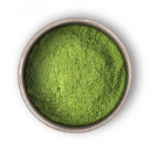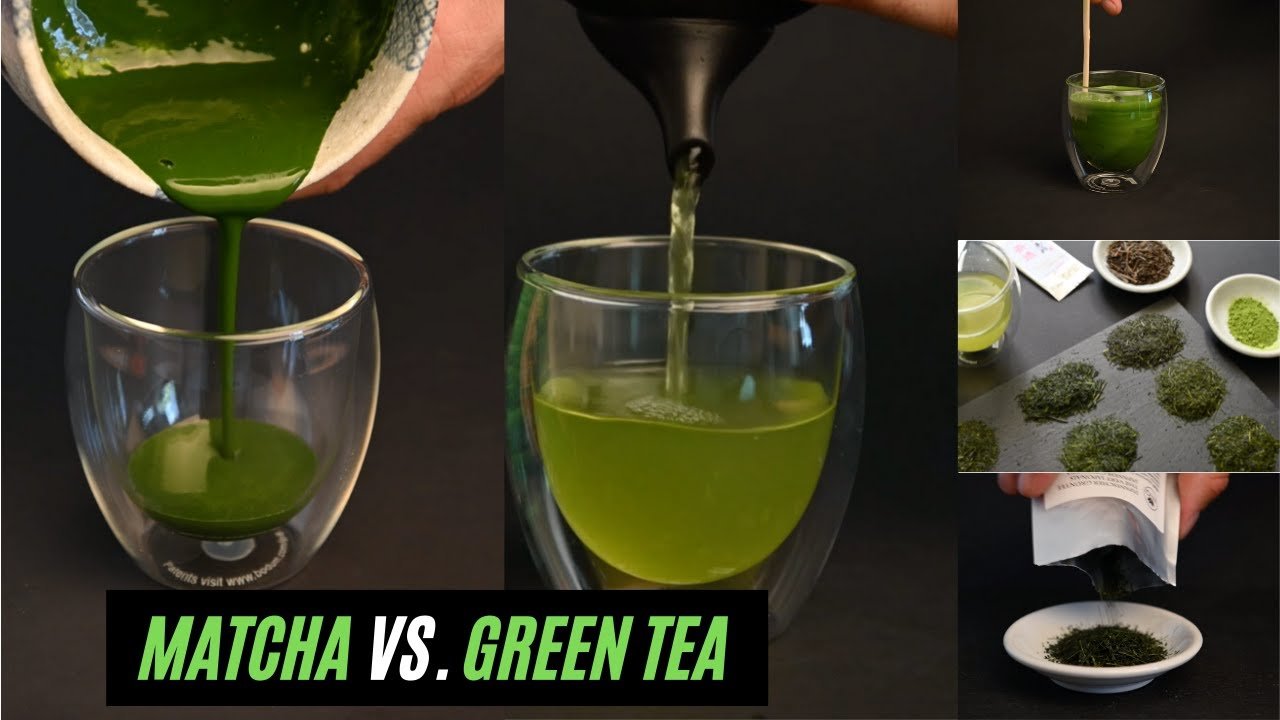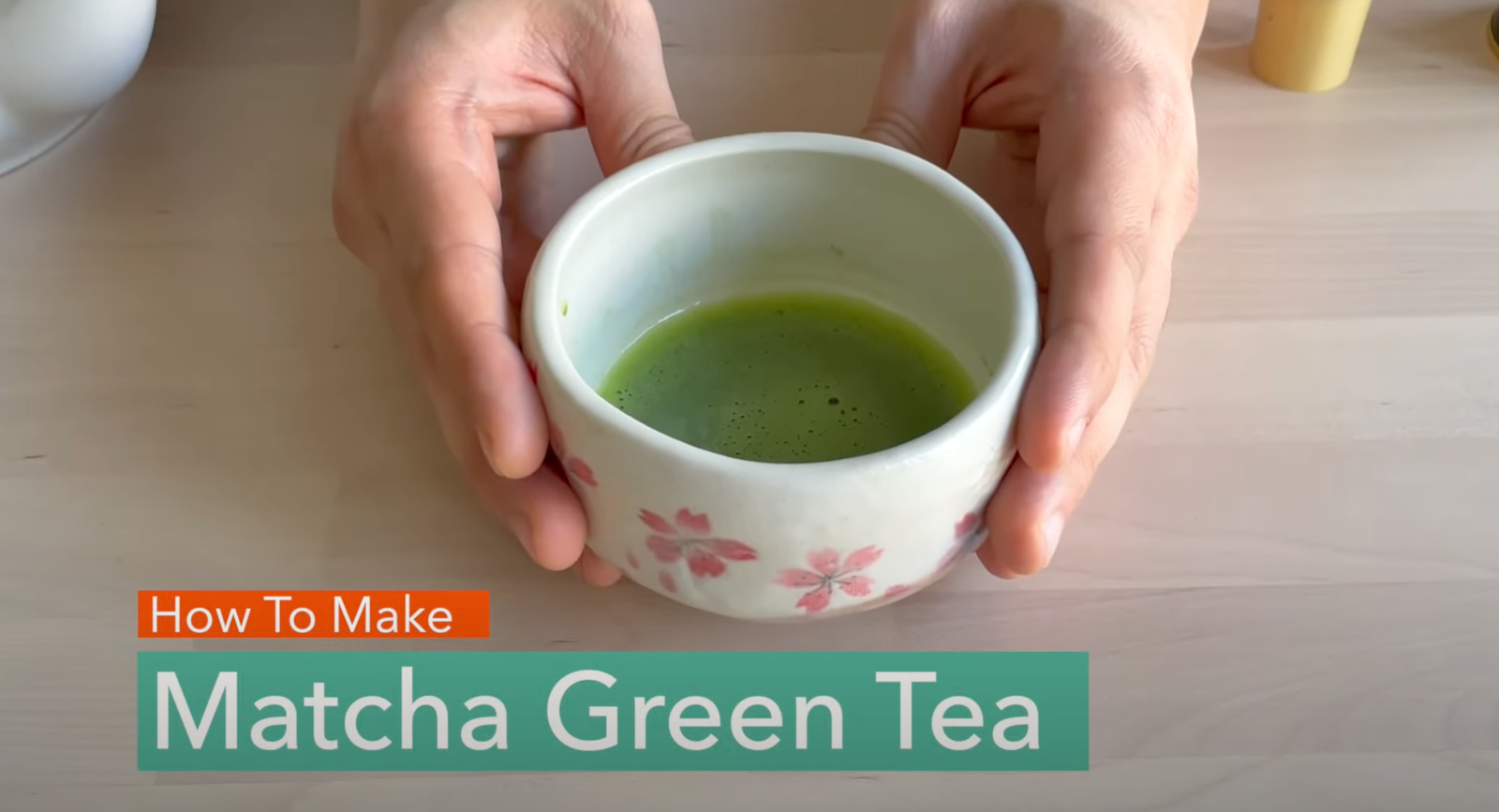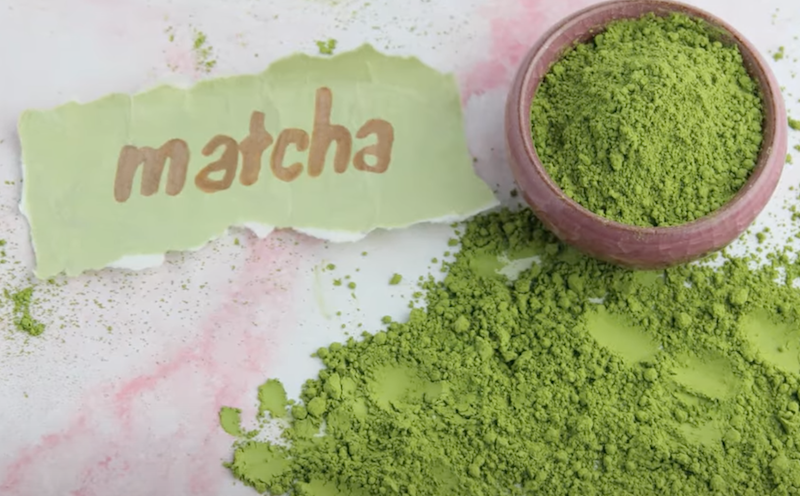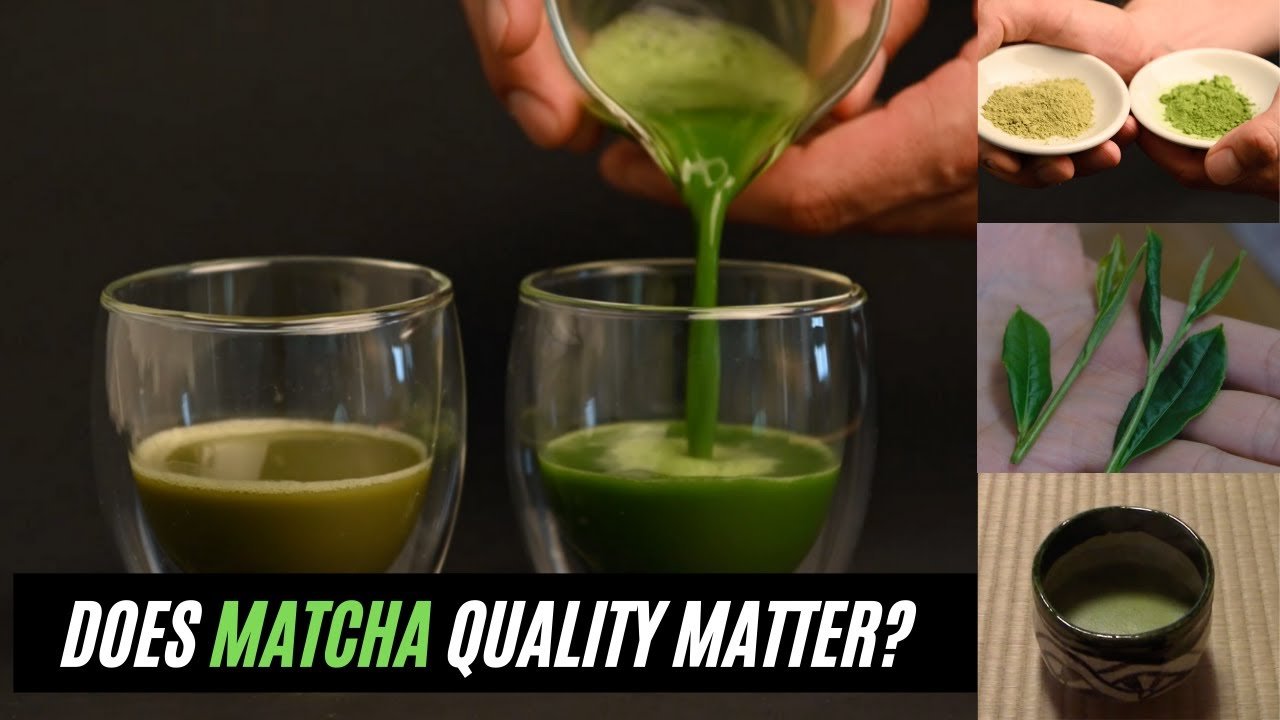Matcha tea is a concentrated green tea that offers a fantastic alternative to coffee. Made from ground whole tea leaves, matcha provides the equivalent of consuming ten cups of regular green tea in a single serving, but with only half the caffeine found in black coffee.
While some coffee varieties contain up to 300 milligrams of caffeine, matcha contains about 31 milligrams per serving. This lower caffeine content, combined with the presence of the amino acid L-theanine, ensures that matcha energizes you without the jitters commonly associated with coffee.
The Health Benefits of Matcha Tea
Matcha tea is not just about lower caffeine—it’s also packed with phytonutrients. In fact, one cup of matcha contains 137 times more phytonutrients than a cup of regular green tea. These nutrients contribute to overall health by reducing inflammation and supporting the immune system.
The calming effect of L-theanine, along with the mental clarity and endurance matcha provides, makes it an excellent choice for those looking to boost their energy in a healthy way.
Easing the Transition from Coffee to Matcha
Switching from coffee to matcha can help mitigate the withdrawal symptoms often experienced when reducing coffee intake. Many people face headaches and other side effects when they cut back on coffee.
However, transitioning to matcha, with its moderate caffeine content, can smooth this process. Matcha allows you to reduce caffeine intake without the typical withdrawal symptoms, making it a gentle yet effective alternative.
Give Matcha a Try
If you’re looking for a healthy coffee alternative, matcha tea might be the perfect choice. With its rich nutritional profile, calming effects, and ability to provide sustained energy, it’s worth giving matcha a try. Whether you’re seeking to reduce caffeine intake or simply explore new health benefits, matcha offers a satisfying and nutritious option. Let us know how you like it after making the switch!
